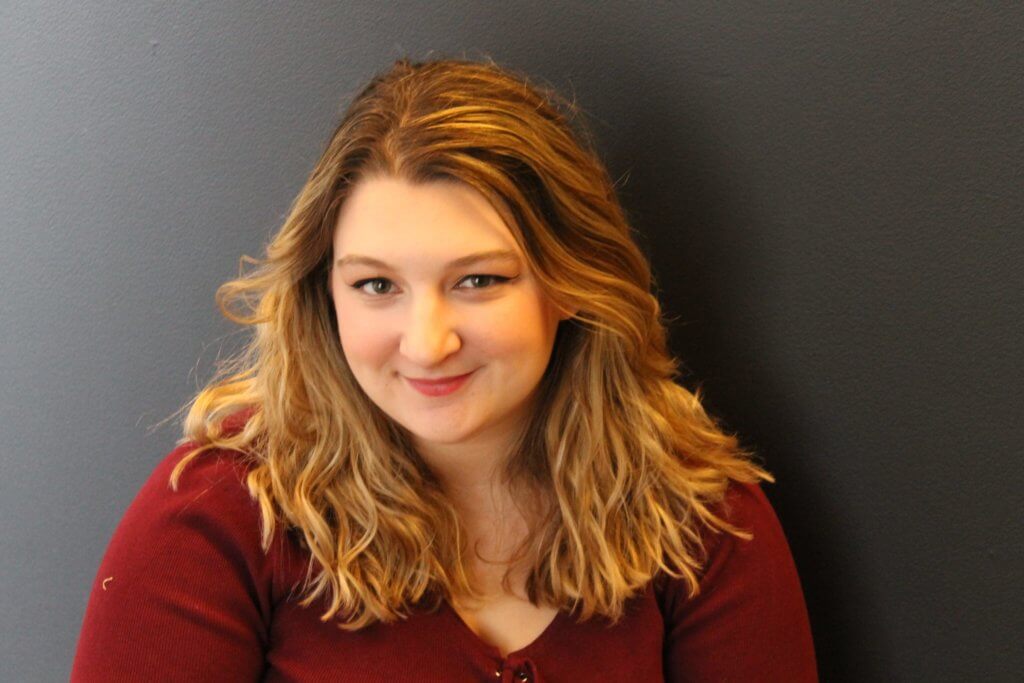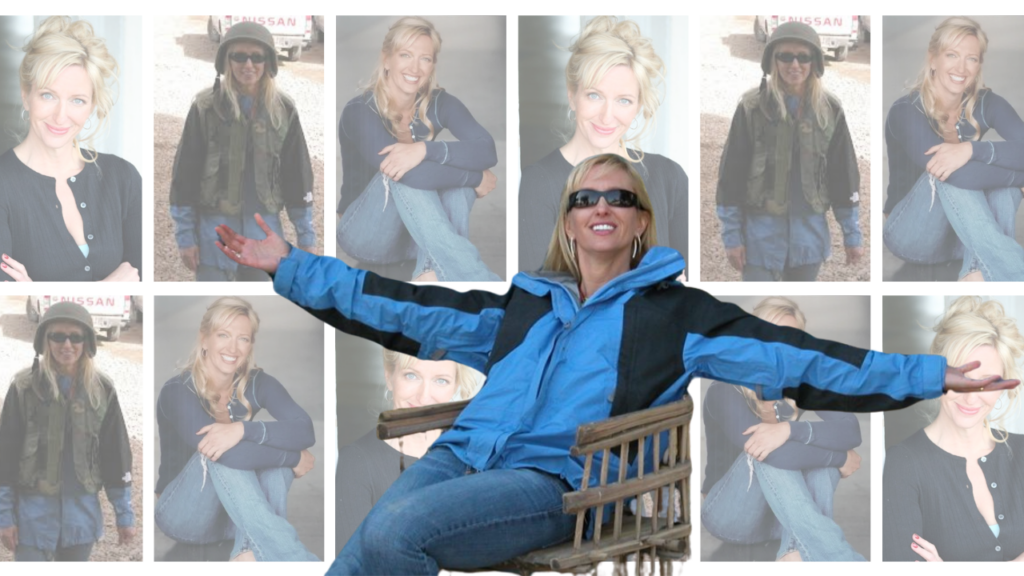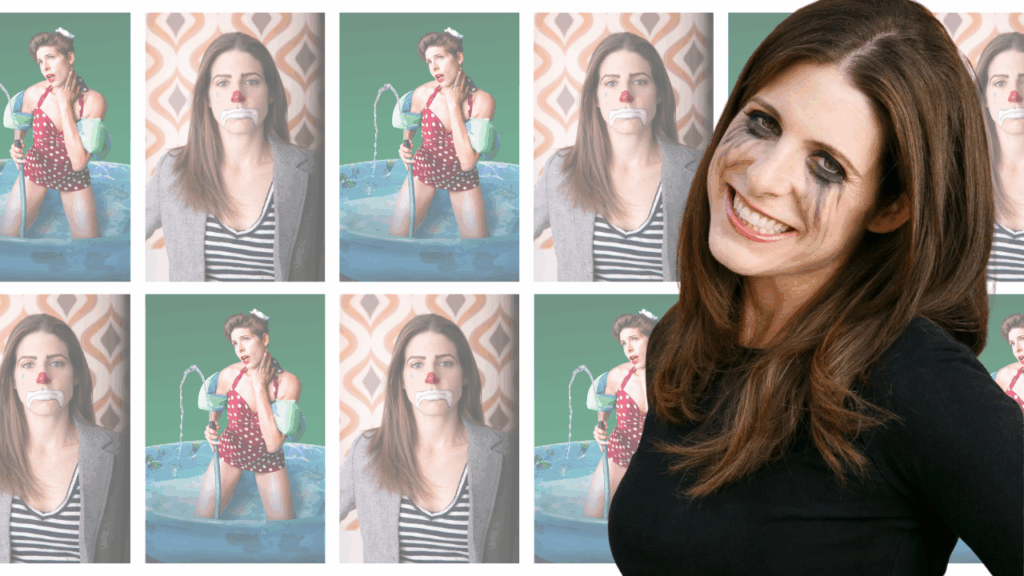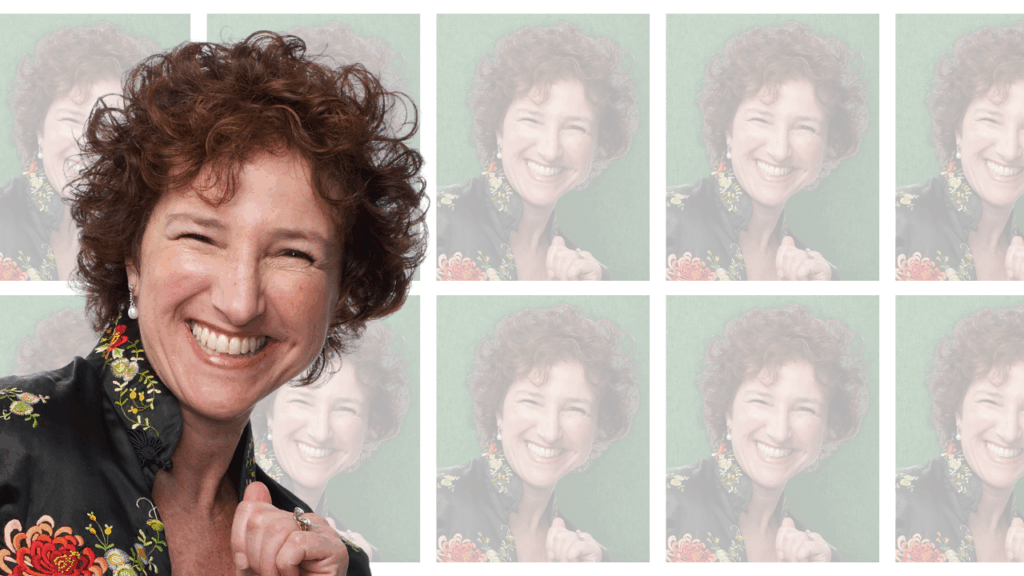Rebecca Caplan has a degree in comedy

Rebecca Caplan is a sketch and satire writer living in Brooklyn, NY. She is currently a staff writer for CollegeHumor, and the director and writer of the short film Show Off. You can listen to her on Caught in The Web, and find her contributions to the Shouts & Murmurs section of The New Yorker. Rebecca was named one of New York’s top comedians to look out for in 2018. Follow her!
Best comedy advice you ever got?
“Do your thing and don’t care if they like it,” from Tina Fey’s book (by way of a story about Amy Poehler, I believe).
Worst comedy advice you ever got?
“You should try improv.” I’m bad at improv and should not pursue it.
Favorite response to a heckler or troll?
Muting them.
Describe your worst gig.
I gave a bad speech at my dad’s 60th birthday party. In my defense, there was an open bar. I’m still in comedy to this day.
When you were coming up in comedy, what helped you stick with it?
Knowing my parents were paying for me to get a degree in “Television-Radio”, there’s not much to go off there.
How has being funny helped you in your offstage life, either recently or when you were younger?
I’ve never felt like being the “funny friend” was the hand I was lucky to be dealt because I wasn’t smart/pretty/cool enough to be the smart/pretty/cool friend. I just felt like it was the person I liked being. I liked that my humor was the quality that attracted people to me. Growing up, it felt good to have my self esteem bolstered with a quality I liked about myself. It gave me confidence growing up when other areas of my self-image might have been shaky.
What’s your first impulse when someone says “women aren’t funny”?
I haven’t hung out with a person who says stuff like that since I was in high school. And that wasn’t really a choice; it was just, you know, homeroom.
Feelings about the word “comedienne”?
Not using that word is important to some people and using that word is important to some people! Some women or non-binary people might want to move away from what they perceive to be a gendered word. Others might feel empowered by having a title associated with femininity. I think both are valid approaches. As with anything regarding identity, the most important part is respecting the person you’re attaching something like this to. If you’re a person who thinks one way is right over another based on what makes yourself the most comfortable, as opposed to the person it might affect, then you’re coming at it from the wrong way.
Favorite response to “What’s it like to be a woman in comedy”?
I don’t like to respond to that question too often. The quota has been met on cis white women in comedy answering that question. Cis white women are not the Lorax for all women in comedy. Women in comedy, as with women in all industries, are not a monolith.
A standup’s experience is different from a screenwriter’s. To a larger point, a black woman’s experience is different from a white woman’s. Identities make up different experiences that can’t be summed up by one privileged person’s experience. And I often feel as if that is the point of this question, to wrap up the problems ALL women face in comedy in a neat little bow.
On your deathbed, what transcendent advice would you croak at a young female comedian?
I genuinely hope I’m not spending my precious deathbed time doling out free advice to 20-year-old comedians instead of like, spending time with my great-great-great grandson. (I intend to live until I am very old.) My advice would be stop hanging out with old dying comedians and go do some comedy stuff. Also stop checking your Twitter follower count.
(main photo via: Hannah Grant)
Rebecca Caplan is a sketch and satire writer living in Brooklyn, NY. She is currently a staff writer for CollegeHumor, and the director and writer of the short film Show Off. You can listen to her on Caught in The Web, and find her contributions to the Shouts & Murmurs section of The New Yorker. Rebecca was named one of New York’s top comedians to look out for in 2018. Follow her!




